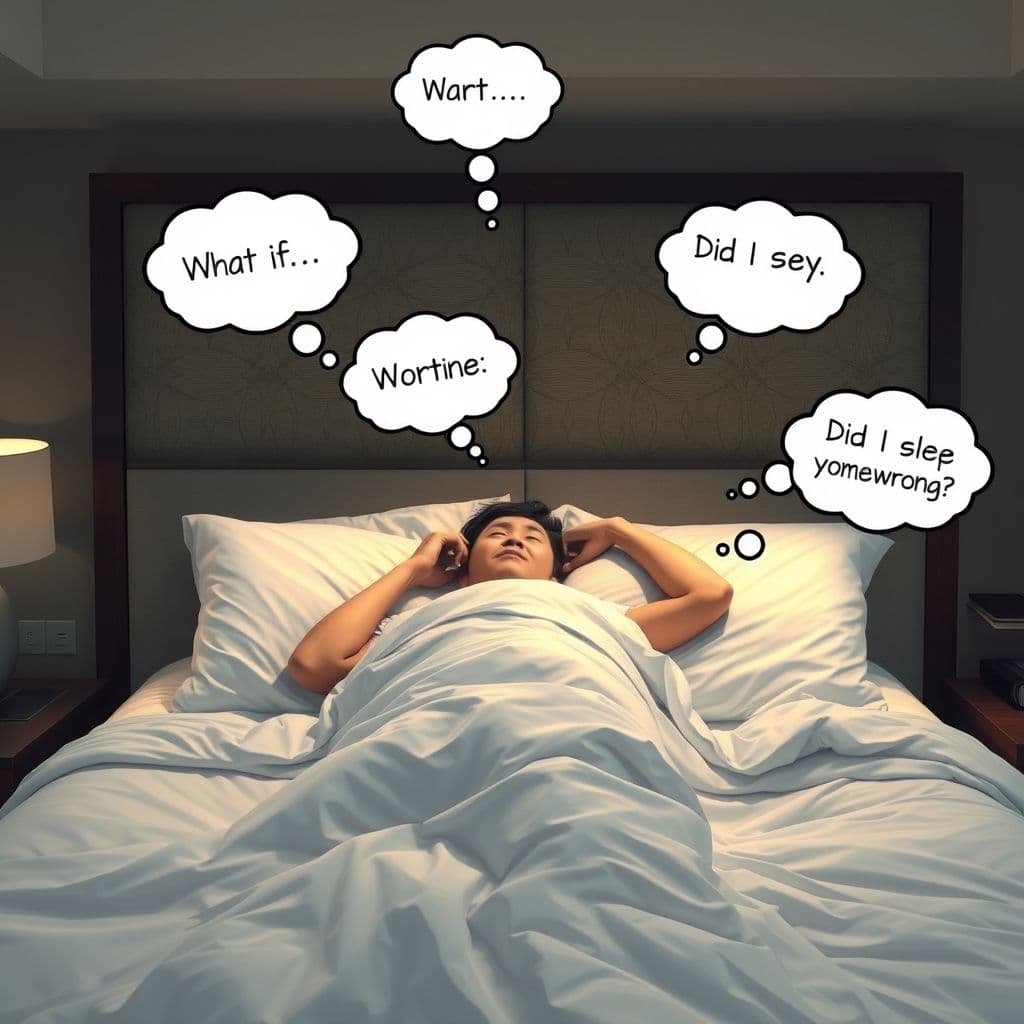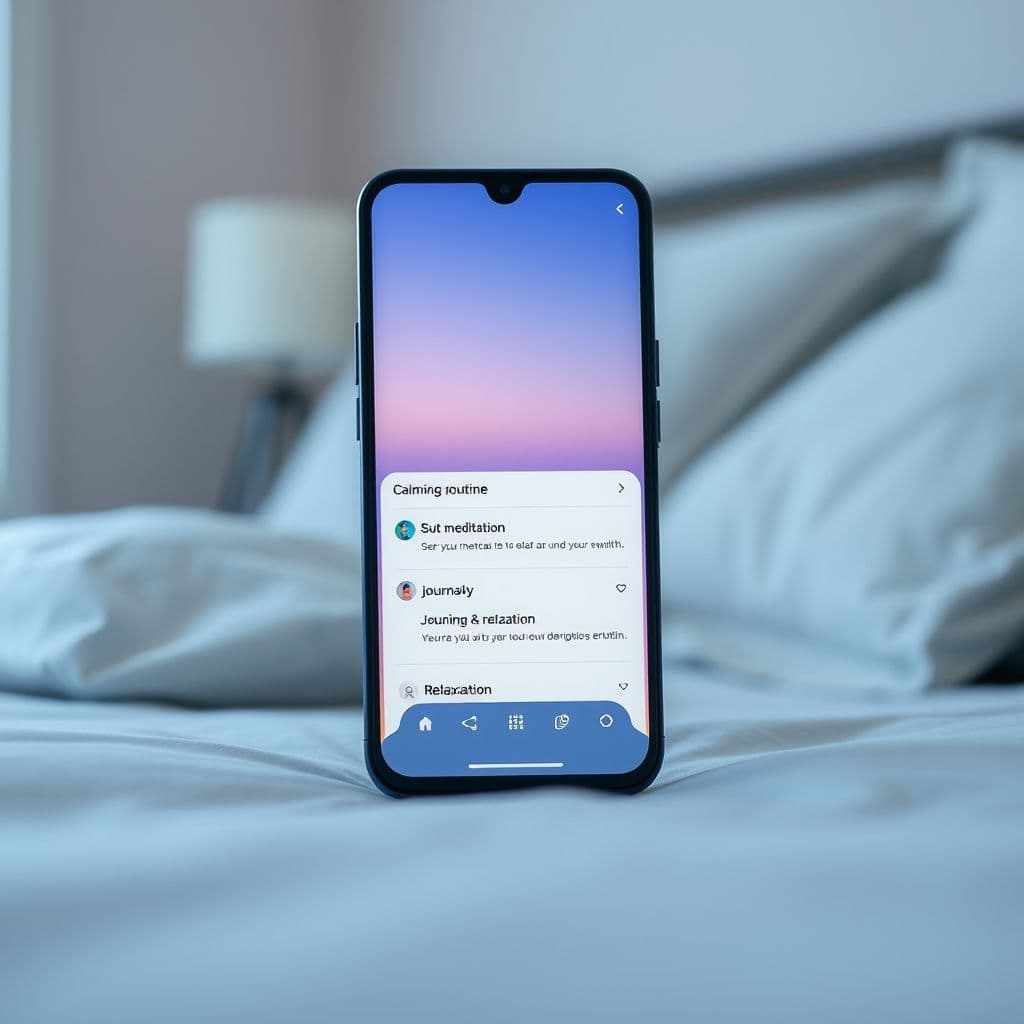How to Stop Overthinking at Night: A Potential SaaS Solution

Do you find yourself lying in bed, unable to sleep because your brain won’t stop overanalyzing every conversation, worrying about the future, or replaying past events? You’re not alone. Millions struggle with overthinking at night, leading to frustration and exhaustion. This article explores the root cause of this issue and presents a hypothetical SaaS solution designed to help you quiet your mind and finally get the rest you deserve.
The Problem: Why Overthinking Keeps You Awake
Overthinking at night stems from a fundamental human need for certainty. When faced with unanswered questions or unresolved situations, your brain goes into overdrive, searching for answers it can’t find. This creates a loop of repetitive thoughts that make it nearly impossible to relax and fall asleep. Common triggers include replaying social interactions, worrying about future events, or even fixating on minor details from the day. The result? A restless night and a groggy morning.

A Potential SaaS Solution: Quieting the Mind
Imagine a mental wellness app specifically designed to address nighttime overthinking. This hypothetical SaaS solution would integrate cognitive behavioral techniques, mindfulness practices, and guided relaxation exercises to help users break the cycle of repetitive thoughts. Key features could include personalized sleep journals to track triggers, audio-guided meditations to redirect focus, and interactive exercises to practice accepting uncertainty. The app would act as a digital companion, offering real-time support when users need it most—right before bed.
The app could also include a 'brain dump' feature, allowing users to jot down their worries and schedule a time to address them the next day. This helps create psychological closure, signaling to the brain that it’s okay to let go for the night. Additionally, progressive relaxation techniques could be tailored to individual preferences, whether through breathwork, body scans, or calming visualizations.

Potential Use Cases
This SaaS idea could benefit a wide range of users. For example, professionals dealing with work-related stress could use the app to unwind after a long day. Students anxious about exams might find relief by scheduling their worries for the next day. Even individuals with conditions like ADD or generalized anxiety could benefit from structured tools to manage racing thoughts. The app’s flexibility would allow it to adapt to different needs, making it a versatile solution for anyone struggling with nighttime overthinking.
Conclusion
Overthinking at night is a common but solvable problem. While this SaaS idea is purely hypothetical, it highlights the potential for technology to address mental wellness challenges in innovative ways. By combining cognitive behavioral techniques with user-friendly design, such an app could offer real relief to millions. Would you use a tool like this? Share your thoughts in the comments!
Frequently Asked Questions
- How effective would this SaaS solution be for chronic overthinkers?
- While individual results would vary, the integration of evidence-based techniques like cognitive behavioral therapy and mindfulness could provide significant relief for many users. Consistency and personalization would be key factors in its effectiveness.
- Could this app replace therapy for sleep anxiety?
- This hypothetical app would be designed as a supplemental tool, not a replacement for professional therapy. It could, however, serve as a helpful resource for managing symptoms and improving sleep hygiene.


